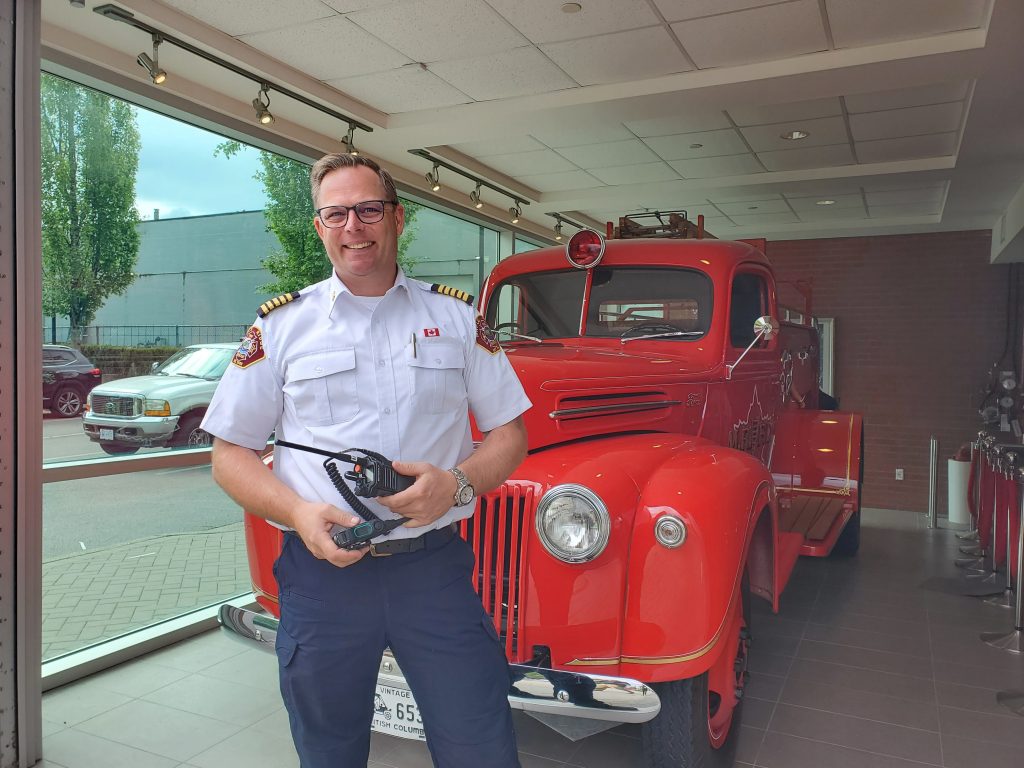MEDIA ADVISORY: Response to open letter of CUPE Local 8911
Vancouver, B.C. – E-Comm has been very transparent about the fact that our organization is understaffed and underfunded. As the usage of emergency communication services continues to increase, the current funding model – which is a local government level responsibility – is not meeting the needs of the system or the public. We share CUPE Local 8911’s view that the current funding model is inadequate and we need local, regional and provincial levels of government to re-consider how best to ensure the system is properly funded.
We recognize provincial and local governments have limited resources, but we need to find a way to ensure the critical public safety services E-Comm provides are appropriately managed, delivered and resourced. This is why we are working closely with our first responder partners and governments at both levels – provincial and municipal – to ensure we are providing the best services possible.
We believe E-Comm’s consolidated model of emergency communications service delivery is the most efficient and cost effective one for B.C. Therefore, we will continue to advocate for the funding and resources our organization needs to deliver the right level of service for British Columbians.
The contribution of our staff to public safety in our province cannot be overstated. They play a critical role in emergency services and we recognize the toll our service delivery challenges are having on our people. We are continually impressed by the dedication of our employees, who work longer hours and take on extra shifts, often missing breaks and not getting the downtime they need. And we understand the impact this is having on our frontline staff. E-Comm is committed to the well-being of all our employees and will continue to work toward ensuring our organization is properly staffed and funded in a sustainable way.
-30-
About E-Comm
E-Comm is the first point of contact for 9-1-1 callers in 25 regional districts in British Columbia and provides dispatch services for more than 70 police agencies and fire departments. E‐Comm also owns and operates the largest multi‐jurisdictional, tri‐service, wide‐area radio network in the province used by police, fire and ambulance personnel throughout Metro Vancouver and parts of the Fraser Valley. In 2019, E-Comm received more than 1.84 million 9-1-1 calls in B.C. and answered 97 per cent of those calls in five seconds or less.


